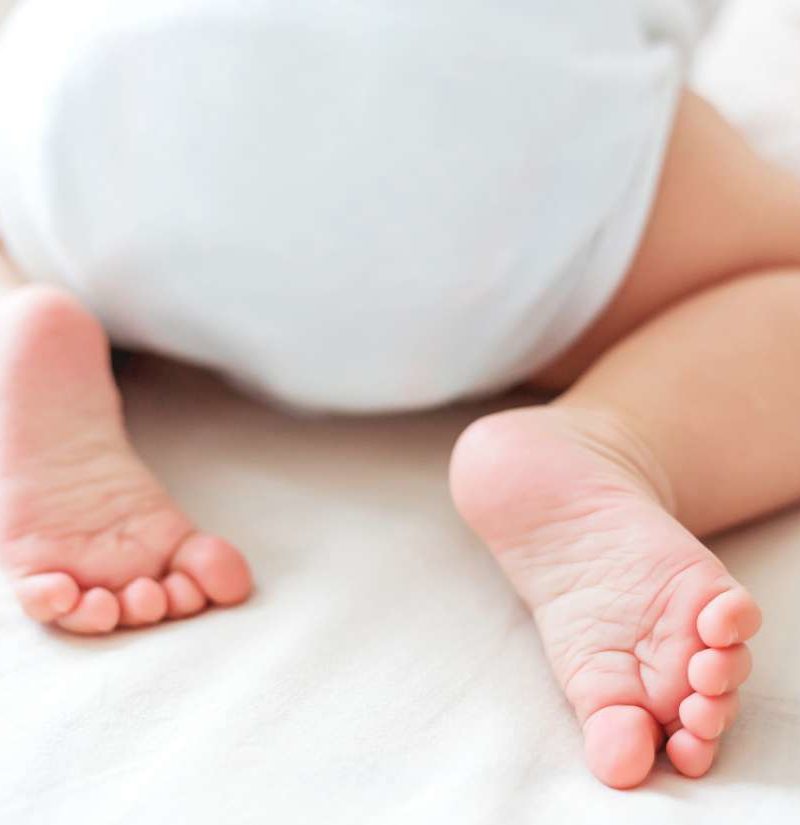

Yesterday my son started to have really bad diarrhea and threw up twice. Careful hand washing after using the toilet or changing diapers.Sorry for so many posts lately, but this is something that has come up overnight.It often can be treated at home without the need for medical care. Most often, symptoms go away in less than 24 hours. It is caused by toxins from germs growing in foods left out too long. This causes rapid vomiting and diarrhea within hours after eating the bad food. Diarrhea often contains streaks of blood.

An infection of the intestines from a virus is the most common cause. They can also be very dizzy when trying to stand.
A child with severe dehydration becomes too weak to stand. If your child is alert, happy and playful, he or she is not dehydrated. Ask your doctor to teach you how to do this test. Count the seconds it takes for the nail to turn pink again. First, press on the thumbnail and make it pale. Slow blood refill test: Longer than 2 seconds. In babies, a depressed or sunken soft spot. /tips-treating-skin-irritation-diarrhea-1942627-5bc3fbbdc9e77c00512e6778.png) Dry eyes with decreased or absent tears. If the urine is light straw colored, your child is not dehydrated. Decreased urine (no urine in more than 8 hours) happens early in dehydration. Mild diarrhea or mild vomiting does not cause this. This can happen with vomiting and/or diarrhea. Dehydration means that the body has lost too much fluid. Other clues to diarrhea are poor eating, acting sick, or a fever. If the stools contain mucus, blood or smell bad, this points to diarrhea. If it lasts for 3 or more stools, the baby has diarrhea. But, if stools suddenly increase in number and looseness, suspect diarrhea. Until 2 months of age, they may pass a stool after each feeding. Breastfed babies often pass more than 6 stools per day. Runny stools can even be bordered by a water ring. Stools are yellow, but sometimes can be green. Normal breastfed stools are loose (often runny and seedy). Diarrhea in a breastfed baby is sometimes hard to tell. Frequent, watery stools can cause dehydration.ĭiarrhea in Breastfed Babies: How to Know. Loose or runny stools do not cause dehydration.
Dry eyes with decreased or absent tears. If the urine is light straw colored, your child is not dehydrated. Decreased urine (no urine in more than 8 hours) happens early in dehydration. Mild diarrhea or mild vomiting does not cause this. This can happen with vomiting and/or diarrhea. Dehydration means that the body has lost too much fluid. Other clues to diarrhea are poor eating, acting sick, or a fever. If the stools contain mucus, blood or smell bad, this points to diarrhea. If it lasts for 3 or more stools, the baby has diarrhea. But, if stools suddenly increase in number and looseness, suspect diarrhea. Until 2 months of age, they may pass a stool after each feeding. Breastfed babies often pass more than 6 stools per day. Runny stools can even be bordered by a water ring. Stools are yellow, but sometimes can be green. Normal breastfed stools are loose (often runny and seedy). Diarrhea in a breastfed baby is sometimes hard to tell. Frequent, watery stools can cause dehydration.ĭiarrhea in Breastfed Babies: How to Know. Loose or runny stools do not cause dehydration. 
The main risk of diarrhea is dehydration. Severe: 10 or more watery stools per day.




/tips-treating-skin-irritation-diarrhea-1942627-5bc3fbbdc9e77c00512e6778.png)



 0 kommentar(er)
0 kommentar(er)
